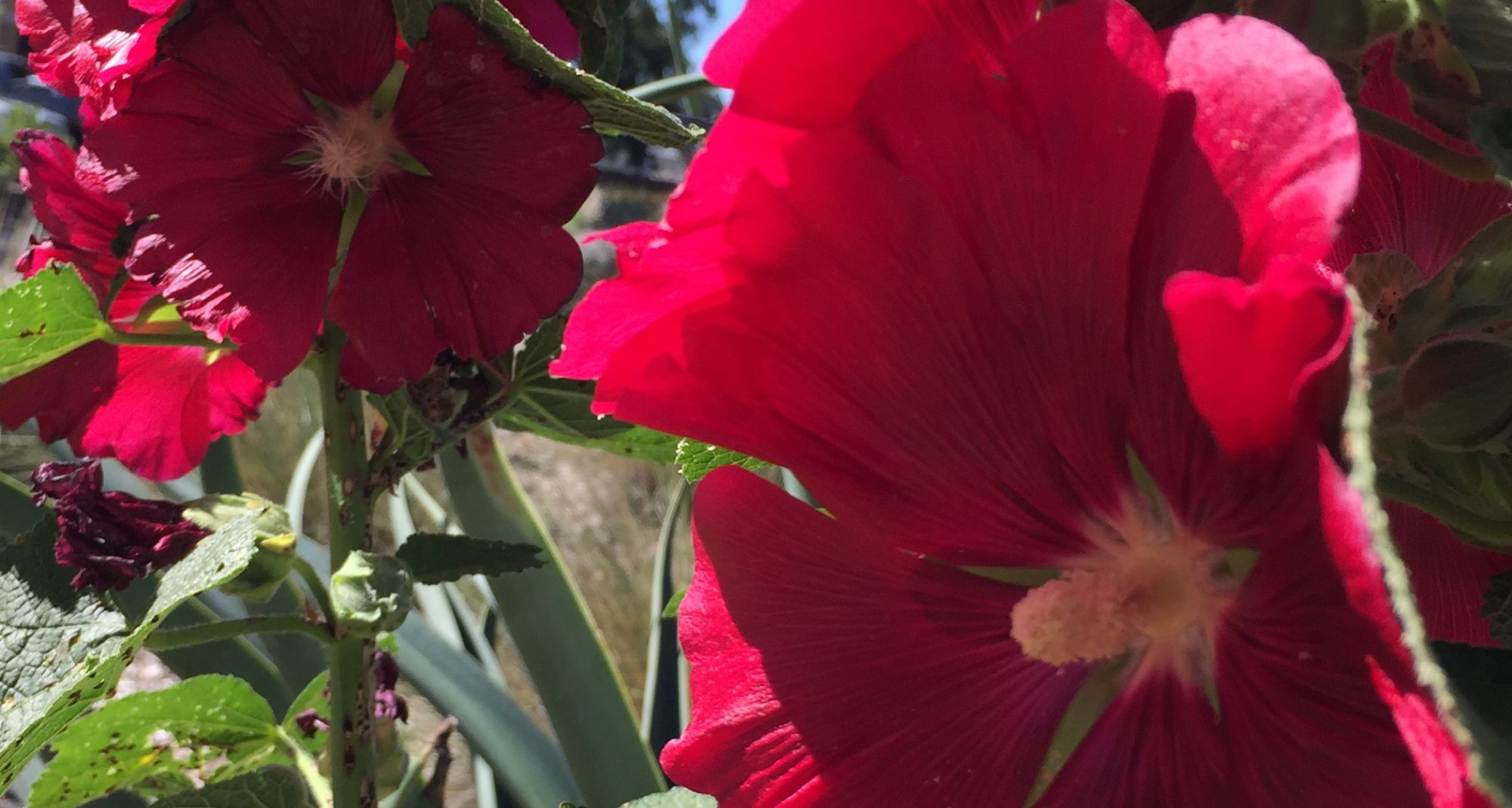Catholics are notorious for their use of prayer books and devotionals. Protestants grab Bibles and pray extemporaneously — sometimes long after anyone else cares to listen — but Catholics use the printed word to help them navigate that tricky life journey called faith. I confess, I am as Catholic as the next person when it comes to prayer. The comfort of words I have prayed dozens of times acts as a door, opening my heart to hear God’s voice.
This week, I am finding it ironic that one of my favorite prayers, from a book called HEARTS ON FIRE: PRAYING WITH THE JESUITS (published by Loyola Press), includes the lines, “Lord, you must give us new hearts, tender hearts, sensitive hearts, to replace hearts that are made of marble and bronze. You must give us your own heart, Jesus.” I could use a new heart; I was diagnosed earlier this week with mitral valve prolapse. It’s not life-threatening, just uncomfortable. I tire easily and experience some chest discomfort — not really pain, but a constant reminder that all is not quite well.
I’ve done a little research since receiving the diagnosis, and understand why my cardiologist shook his head when talking with me about how to manage this. Normally, the medications prescribed would be used to address other symptoms or conditions, and the secondary benefit would be addressing my condition. I don’t have the other conditions — not really. I don’t have high blood pressure, high normal but not clearly high. I don’t have high cholesterol levels, high normal but not clearly high. So, medication for high blood pressure, which would strengthen my heartbeat, could make me dizzy, light-headed and cause me to pass out. Similarly, medication for high cholesterol would improve artery functioning, so my heart wouldn’t have to work as hard, but could cause kidney issues. My doctor’s solution was to give me very small doses and to order more tests in a month.
Lucky me. I confess I’ve been a little proud of the good health genes have given me. While my contemporaries have been supporting the pharmaceutical industry and getting parts replaced, I’ve been strolling through life, taking a few preventative measures here and there, but essentially enjoying good health. Now, I have joined their ranks.
The greatest challenges I face are these:
- My personal values: I don’t care to support the pharmaceutical industry. I don’t mind paying taxes because, apart from the exorbitant amount of money the American taxpayer is paying to keep DT and his extensive family secure while they continue to enjoy the luxury to which they feel entitled, and the disproportionate amount of the federal budget gobbled up by the DOD, tax money does great good in our nation. I like buying lottery tickets because education is underfunded and I feel like my token gesture says, “I care.” (I wonder if anyone has considered funding the DOD with lottery sales, and putting taxpayer money to better use — for education, healthcare, the arts and human services.) But spending money on medication makes me grind my teeth.
- My bad habits: Living alone, I have gotten sloppy, especially when it comes to eating. When I get home after a 12-hour day (work, commute, errands on the way home), I don’t feel like cooking. I’ll grab a bowl of cereal, or some cheese and crackers, and consider that adequate. Unless I grab lunch with someone, I don’t do any better at lunch — fruit, yogurt and a peanut butter sandwich. Yep, every day, and I don’t exercise.
I can’t do much about the medication until I make some lifestyle changes. I’ve been inspired by the possibility of doing this by a young friend: Robyn Anderson. She has embarked on a journey to reshape herself following the birth of her son. Every day, she posts a picture on Facebook with a note about what exercise she has completed. I have neither her engaging smile nor the stamina for her rigorous workouts, so I don’t see myself doing that. However, I can make other changes. Thus far I have negotiated with my supervisor time for a 30-minute walk in the morning while it is still cool, and have started noting food, exercise, medication and anything else I deem important in a little black book. Step two will be research on my condition and on nutrition. I’m hoping that by the time daily walks are a habit, I will have determined step three.
I do know one thing as I embark on this journey: it will also be a true journey of the heart. We can’t make changes to one area of our life without ripples touching other areas, and I know myself well enough to know I will reflect on all of them! Wish me luck.

